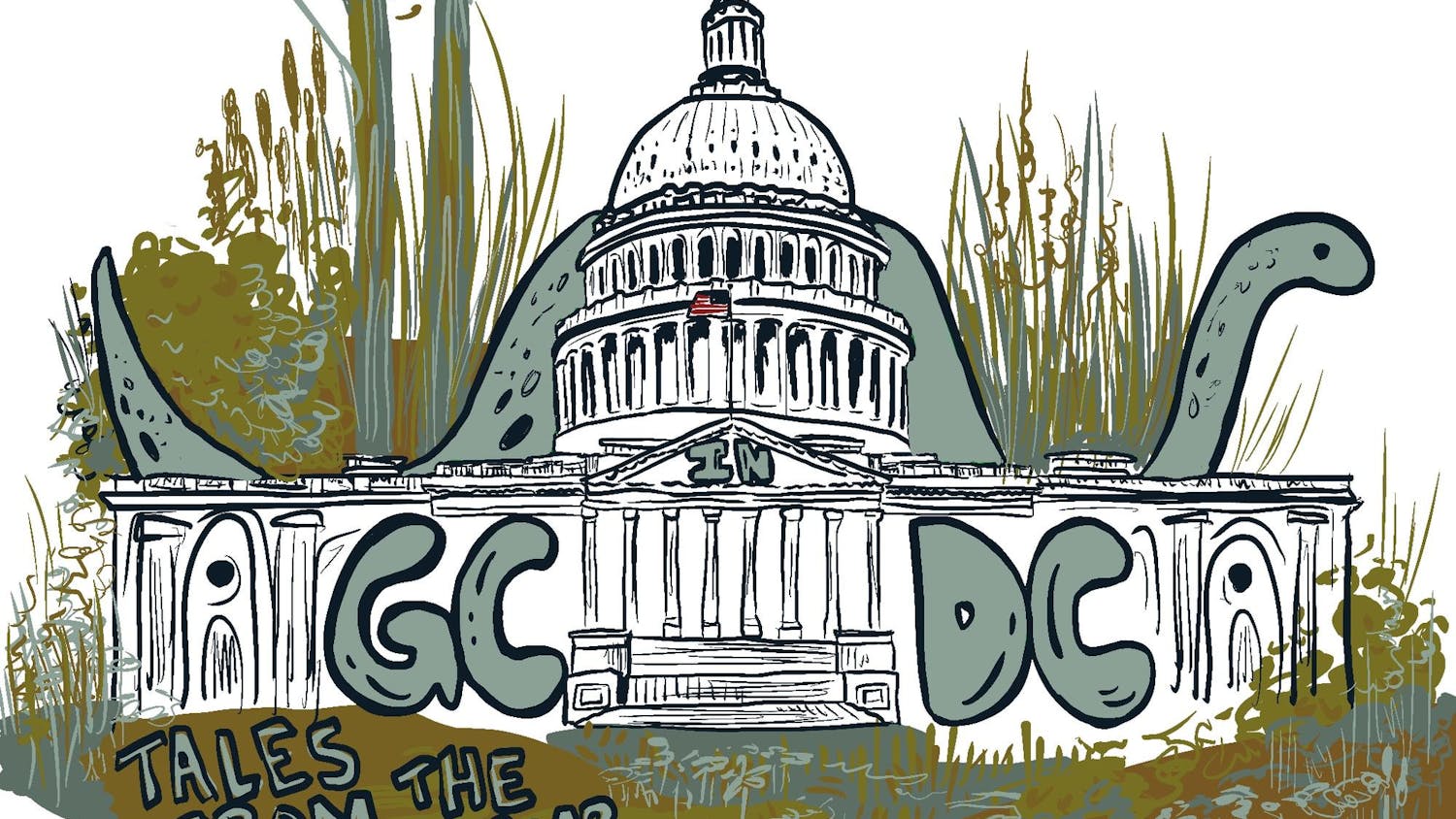In my Intro to International Relations class, I learned that the North American Free Trade Agreement (NAFTA) was established in 1994 to improve trade relations between the U.S., Mexico and Canada.
In my anthropology class on indigenous rights, I learned that on that same day in 1994, an armed rebellion of mostly poor indigenous farmers broke out in Chiapas, Mexico to protest NAFTA. The group of revolutionaries, called the Zapatista Army of National Liberation (EZLN), contended that NAFTA would worsen the economic situation for the poorest, mostly indigenous people in Mexico and threaten their land rights, while multinational corporations would profit from these injustices.
The Zapatista uprising speaks to the connections between systems of oppression, something that ecofeminism intends to articulate by connecting patriarchy and the destruction of environments -- especially those of traditionally marginalized people. In addition to waging war on liberal capitalism, the EZLN incorporated the rights of indigenous women into the struggle for social, cultural and land rights by establishing the “Revolutionary Law on Women.” The law called for women’s reproductive, educational and political rights, criminalizing rape and domestic violence within indigenous societies.
Rather than reject their indigenous societies outright, the women in the EZLN connected women’s struggles to the struggles of indigenous peoples and other historically marginalized groups in an increasingly globalized and corporatized world, working to achieve gender equality, economic justice and environmental justice all in conjunction. They recognized that systems of oppression -- racism, neocolonialism, environmental injustices and neoliberalism -- are intrinsically linked. Furthermore, they realized that many of these systems could be traced back to the white heteropatriarchy.
Whether we are talking about feminism, environmentalism or globalization of world markets, we need to be making these connections. Of course, classes on indigenous rights and international relations, as well as those on feminism and environmentalism, are going to look at the world through their own lenses, but when relying too heavily on one lens, we miss crucial connections between economic, political and social systems. And, in the case of my IR class, we miss the impacts an agreement like NAFTA has on marginalized groups of people.
Though the Zapatista uprising happened 20 years ago, indigenous people worldwide continue to face similar threats from multinational corporations (largely run by white men) and from their “own” governments. For example, the Keystone XL Pipeline, a huge pipeline transporting oil extracted from tar sands that already goes through Canada and eight Midwestern states, is proposed to extend all the way to southern Texas. In addition to posing numerous environmental threats, the extension of the pipeline has been challenged by indigenous groups in the Midwest and Canada because it could damage sacred sites, pollute water sources, contaminate locally caught fish, force groups to relocate and severely disrupt indigenous peoples’ ways of life.
The white heteropatriarchy continues to disregard the needs and rights of marginalized peoples. It has also led to the formation of trade agreements like NAFTA that have contributed to and justified these social and environmental injustices.
We cannot only study IR to understand the way the world works. Yet we cannot ignore how capitalism, racism, environmental injustices and the legacy of colonialism function in the fight to dismantle patriarchy. The Zapatista uprising and the EZLN philosophy, specifically the Revolutionary Law on Women, illustrate how patriarchy reinforces and strengthens other systems of oppression, and how we need to tackle these systems together. This is why I call myself an ecofeminist first, feminist second. I want to focus my efforts on dismantling, piece by piece, global systems of oppression -- environmental, colonial, racial, economical -- together.
More from The Tufts Daily





